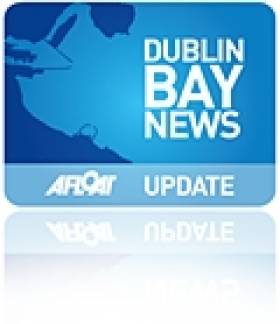Displaying items by tag: Dun Laoghaire BID
Dun Laoghaire Town Vows to Survive Ferry Blow
#DunLaoghaireBID – The Dublin People writes that the Dún Laoghaire business community, will not be affected by Stena Line's recent decision to end seasonal ferry services from the town to Holyhead, a local group has insisted.
Despite widespread expressions of concern for the future of the town's economy following the announcement, the Dún Laoghaire Business Improvement District (BID) company said it expects no negative impact on the local business community.
The BID company said the Stena move will not affect retailers as Dún Laoghaire Harbour has been designated as a marine and leisure destination by the Dún Laoghaire Harbour Company Master plan and the National Ports Policy.
The BID focus on attracting leisure visitors, especially from the cruise industry, will be realised with over 100,000 cruise passengers set to arrive in Dún Laoghaire this summer, following an intense international marketing campaign by the Dún Laoghaire Cruise Stakeholders group, of which the BID Company is a member.
To read much more on this story, click HERE.
As previously reported on Afloat.ie, the Dun Laoghaire Harbour Company Ltd (DLHC) are seeking expressions from other providers to operate a seasonal ferry service on the Dun Laoghaire to Holyhead route.
For further details, click for advert HERE.
Afloat adds that according to the DLHC should a new operator be found such a service would not begin until 2016.
























































